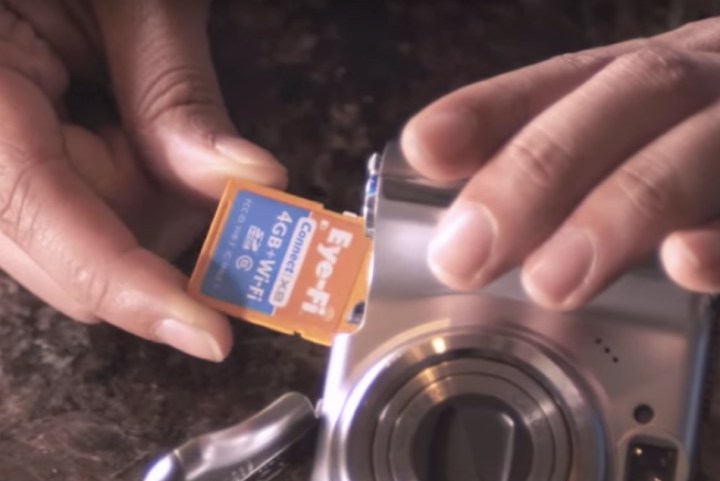
Back in June, Eye-Fi said it was doing away with the Eye-Fi Center application, which is required by the older cards, but isn’t used by the new Mobi cards. While the company offered a 20-percent discount to existing customers who moved to the new cards, many customers felt cheated. X2-series cards, the newest cards affected by the end-of-life decision, had been sold as recently as March of 2015. One customer even wrote an open letter to Eye-Fi on Hacker News, calling it “preposterous” that Eye-Fi would cancel support for a hardware product that was only a year-and-a-half old.
Eye-Fi has apparently taken the feedback to heart. Available today, a new X2 Utility for Mac will allow users to continue to transfer files from all older cards, including those produced by third parties, to their Mac. The utility appears to be a stop-gap measure, as it doesn’t include all of the features of the outgoing Eye-Fi Center application and won’t integrate with Eye-Fi View or Eyefi Cloud (the latter of which was acquired by Ricoh earlier this year). It is also being released as-is, without a warranty, technical support, or future updates.
Regarding Windows, Eye-Fi said it will make an announcement “if and when” the utility is released for the platform, but warned it may not be available before September 16, when Eye-Fi Center will be shut off.
While the solution may not be perfect, at least it will allow longtime Eye-Fi customers to continue to use their existing stash of cards in some capacity. Well, except for Windows users, who for now will just have to sit tight with their fingers crossed and hope for the best.




